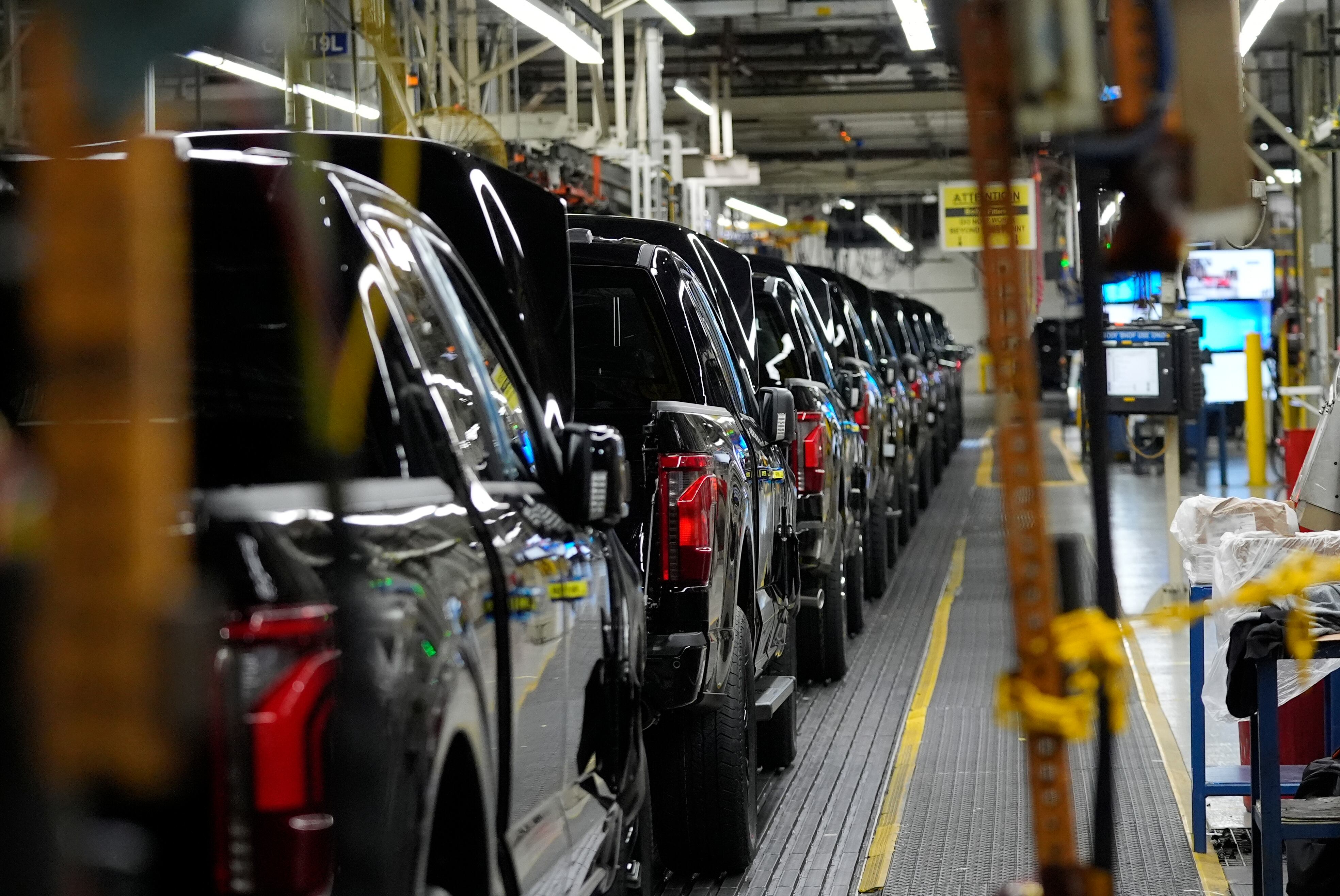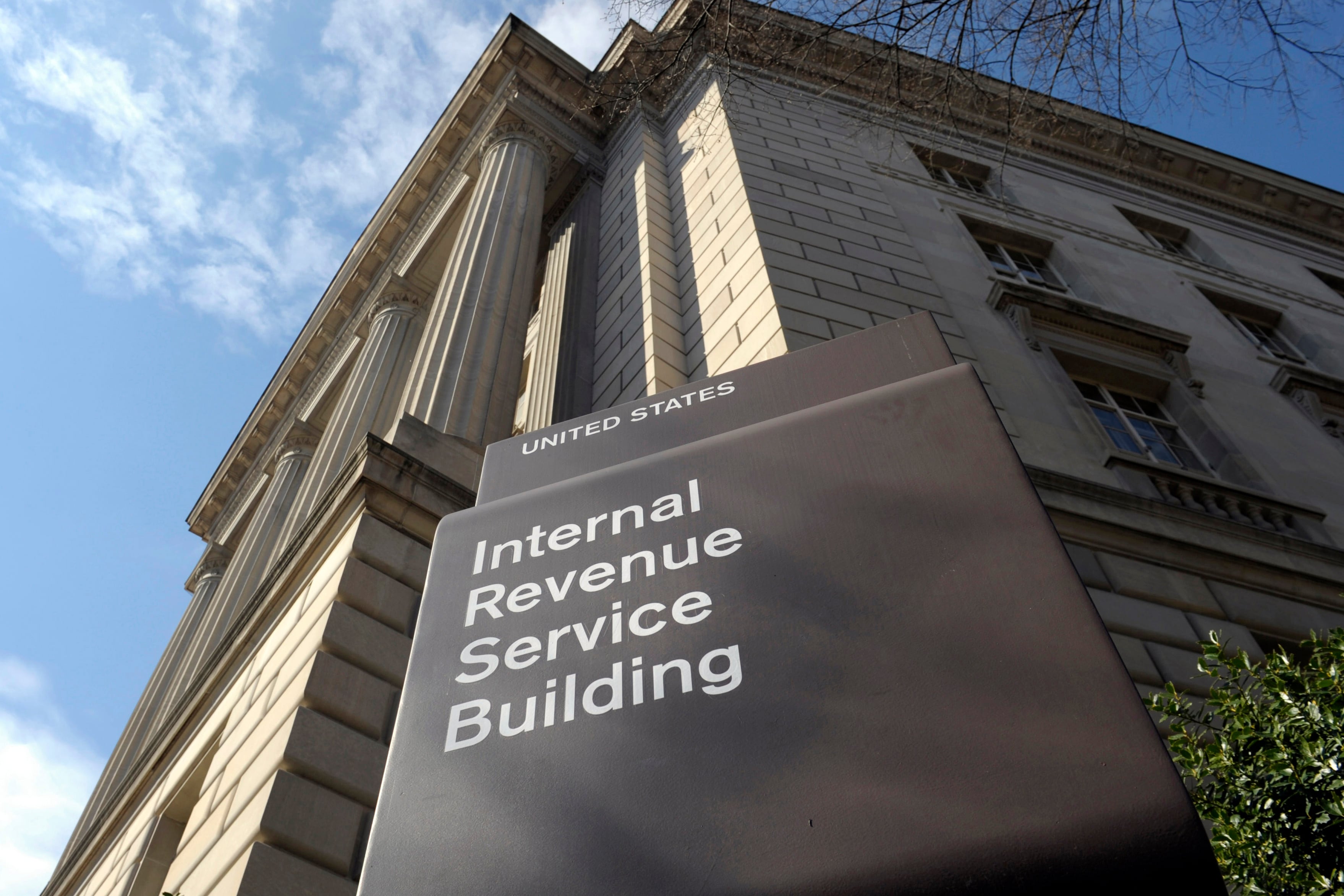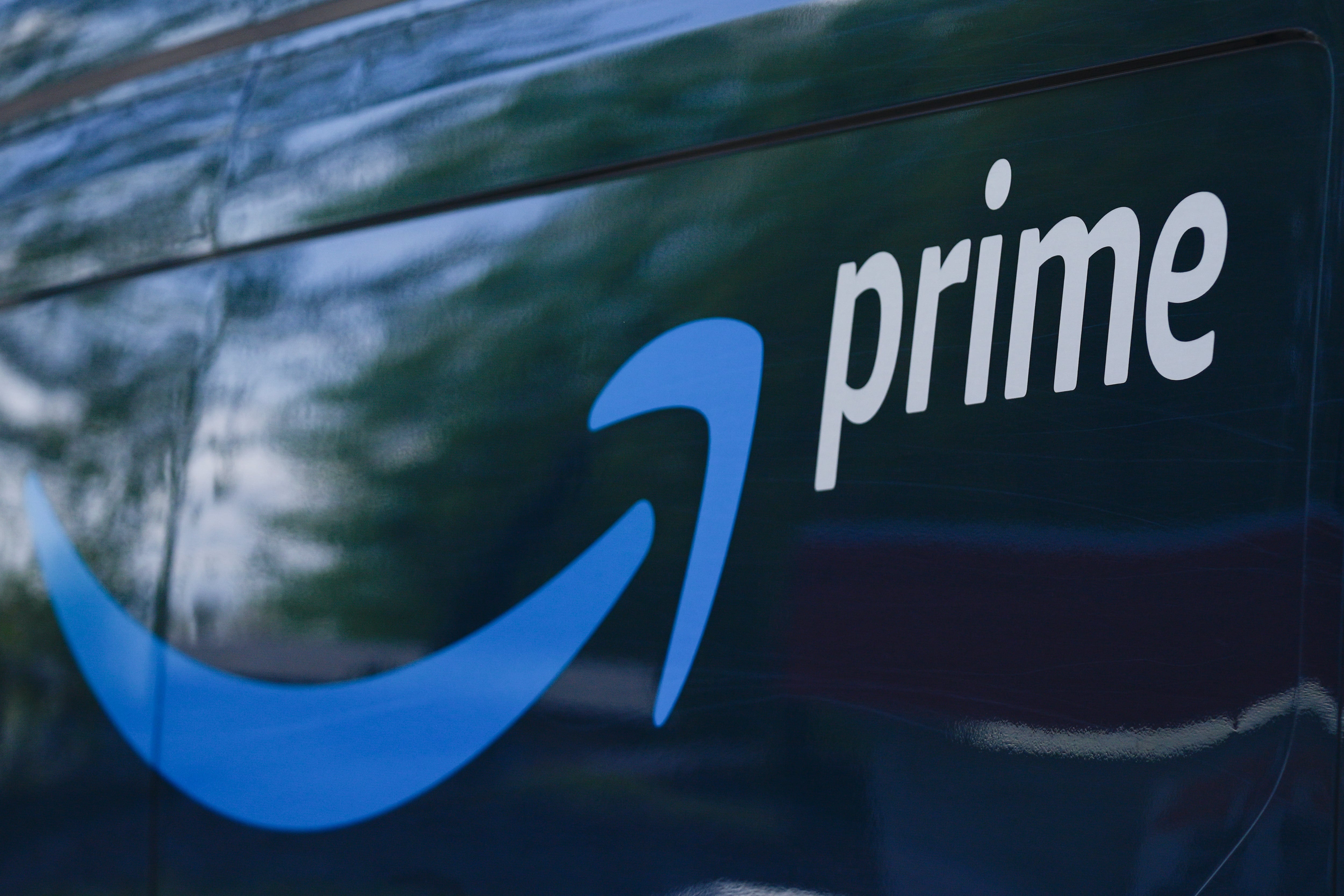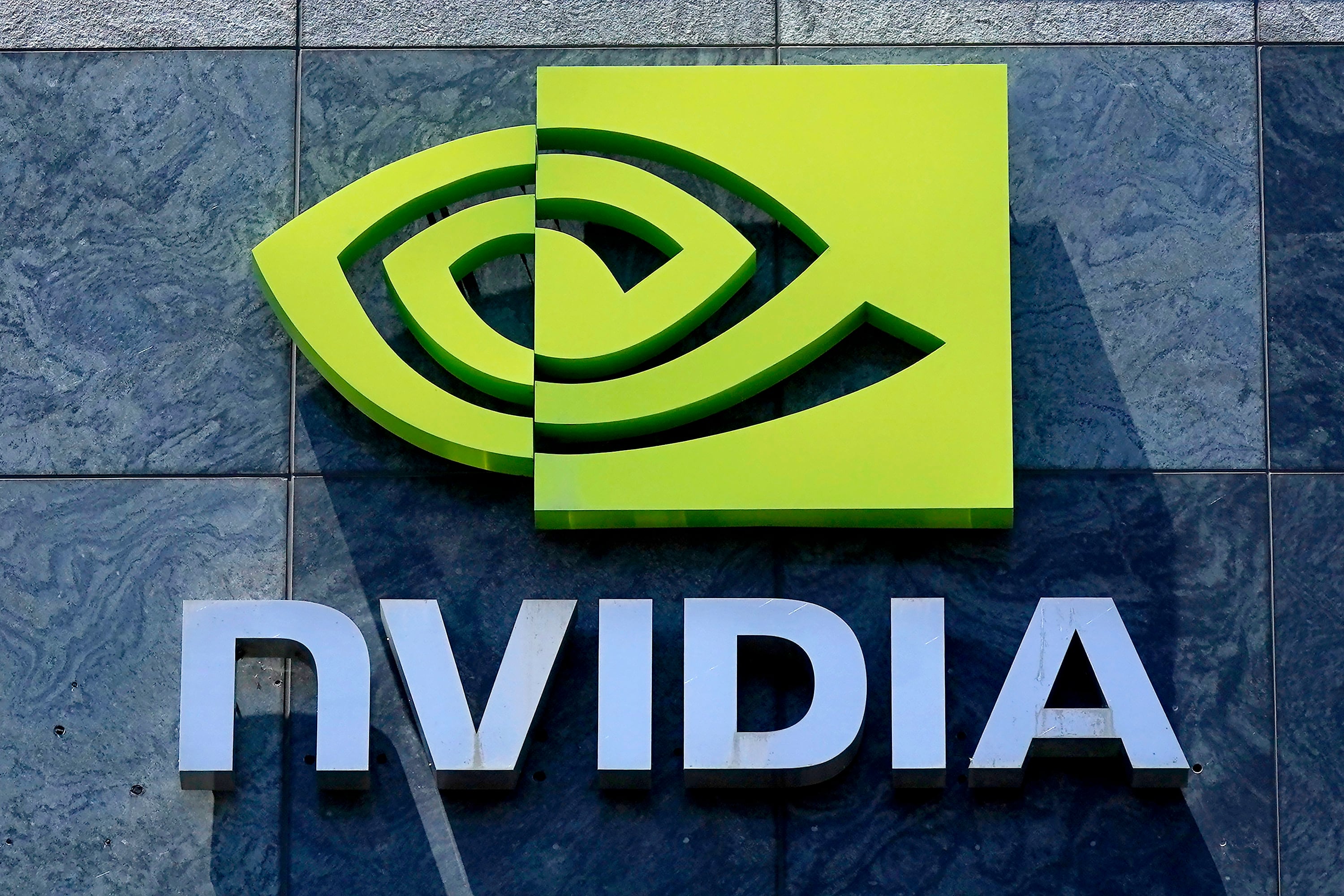*By Michael Teich* Big Tech has got to learn to regulate itself, or else the government will do it for them. That's according to John Chambers, the former CEO and executive chairman of networking giant Cisco ($CSCO). "I think it's so much more important to say how does tech come together and say how do we solve the problems," Chambers said Thursday in an interview on Cheddar. "If they don't, the government will act. And that's the danger," he added. His statements come after representatives from six major tech companies testified at a Commerce Hearing on Capitol Hill this week. During the proceedings, many execs from the likes of Google, Amazon, and Apple complained that the government may be overstepping its legal bounds with its latest initiatives to regulate privacy, competition, and overall reach. One topic on the docket ー the latest privacy bill in California, the California Consumer Privacy Act, which would restrict the collection of data and give users more autonomy over their own information. The bill has already passed at the state level, but the question remains whether federal law will follow suit. There was little resolution after the hearing. Chambers has had a long history in Silicon Valley ー he joined Cisco in 1990 and became CEO fives years later. Under his leadership, revenue grew from $2.2 billion annually to nearly $50 billion in 2015, when he stepped down. While the company's stock hasn't quite recovered from the dot-com boom and bust, it has lived through several tech cycles, including the rise of the internet and social media. Now Chambers is looking for the next big thing. Last year he launched JC2 Ventures, a self-funded investment firm that's already backed start-ups in industries like drones and cloud software. He also penned a new book on leadership in business, "Connecting the Dots: Lessons for Leadership in the Startup World." "Disrupt or be disrupted. The future of our country is around start-ups," he said. And despite what may seem like a slew of high profile IPOs and free-flowing venture capital funding, Chambers said the country is close to a 20-year low in start-up foundings and IPOs. He's worried that if the rate of new company creation in the U.S. does not accelerate, the economy might suffer. "Unfortunately, the U.S. is behind." "We're going to hit 230 this year," he said of newly-founded companies. "But if we're going to generate 25 to 30 million new jobs in the next 10 years, which is what we need, we probably need 400 to 500." "Connecting the Dots" is available in stores and online. For full interview [click here](https://cheddar.com/videos/former-cisco-ceo-john-chambers-big-tech-has-to-regulate-itself-or-govt-will).












